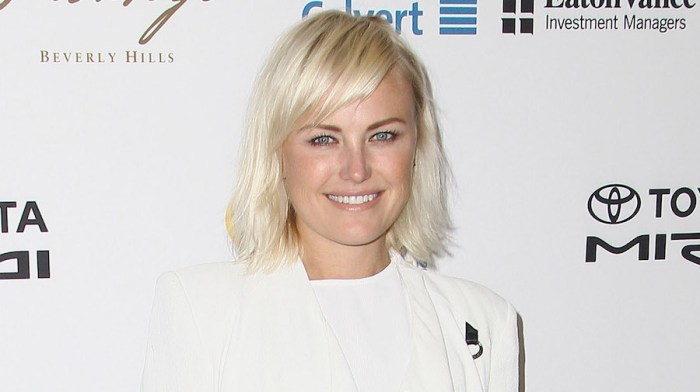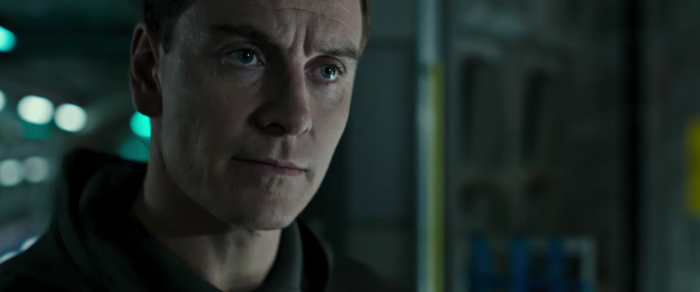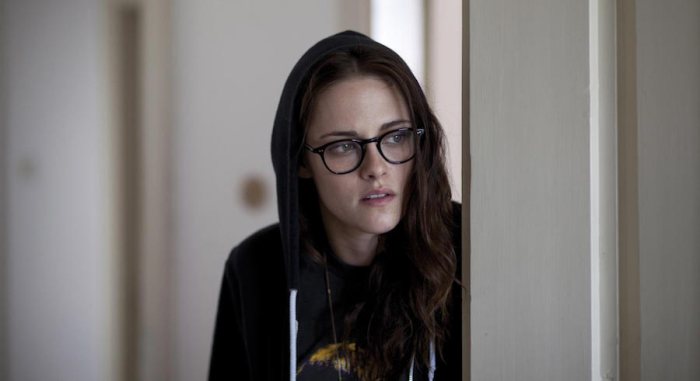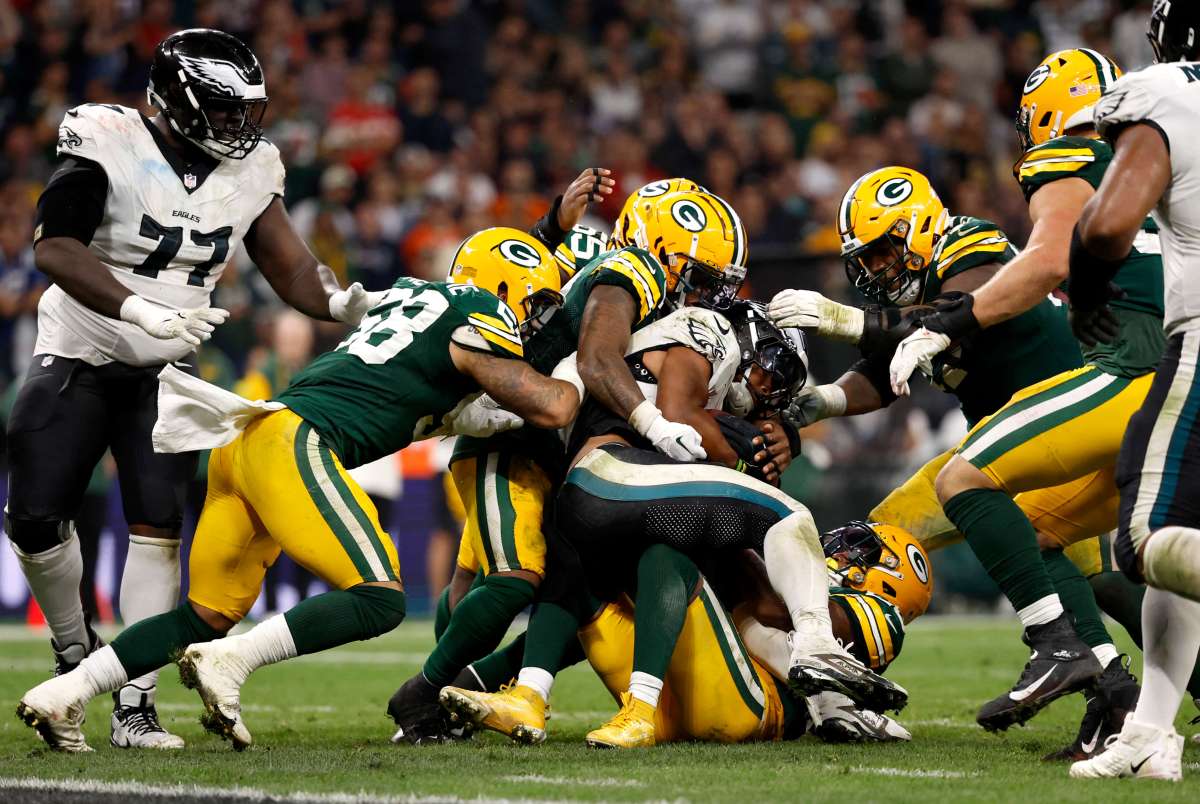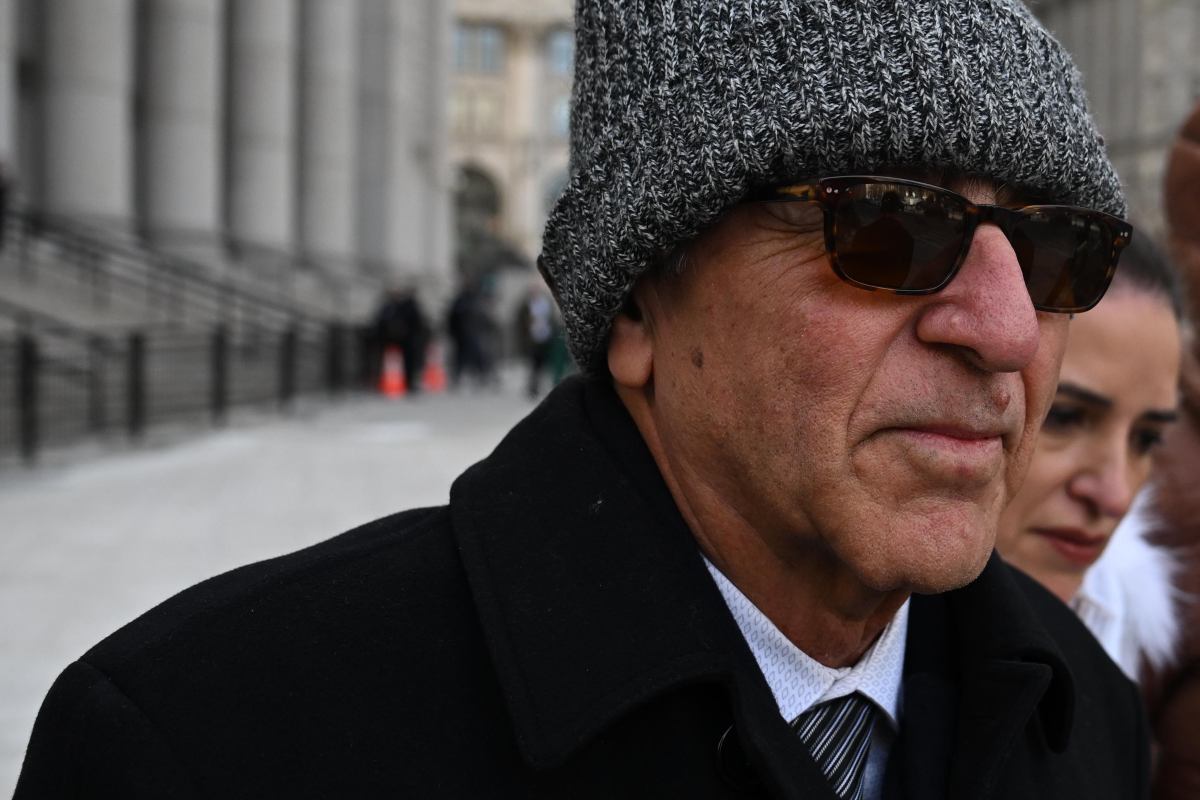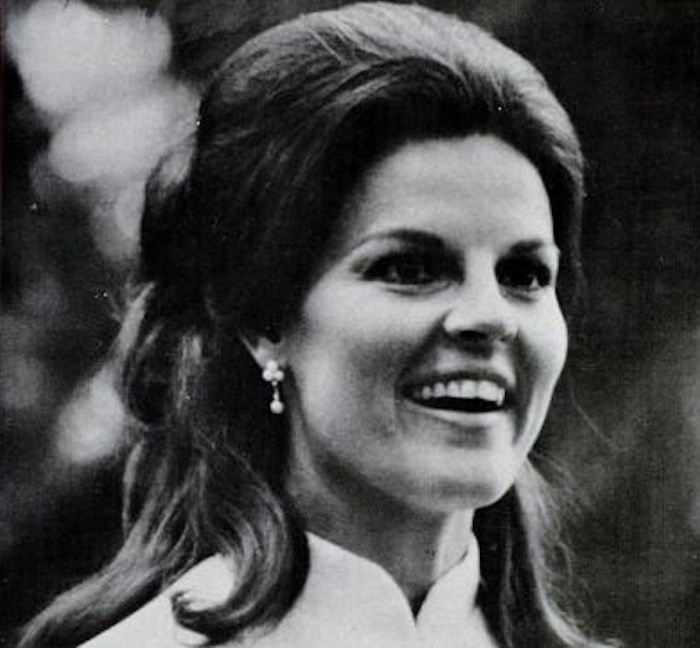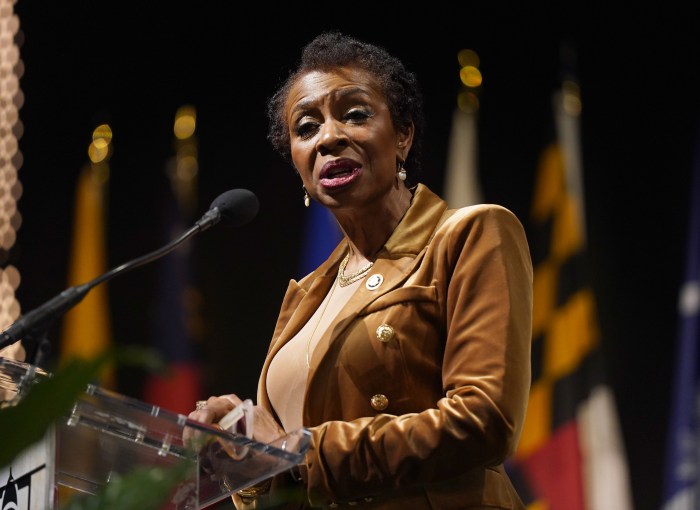Manoel de Oliveira, the oldest living major filmmaker — and very likely the oldest filmmaker, period — has died. He managed to get to 106 — a mighty age for anyone, and even more impressive because he worked almost right to the end. His last film, the short “The Old Man of Belem,” was released only last summer. Before that he completed what became his final feature, “Gebo and the Shadow,” featuring Michael Lonsdale, Jeanne Moreau and Claudia Cardinale, in 2012. This puts him in the same general company as other European directors who worked well into their autumn years, including Eric Rohmer (who died in 2010 at 89, only three years after his final film) and Alain Resnais (who was planning another project when he passed last year at 91). Of course, de Oliveira had far more going for him than age. Born in Porto, Portugal in 1908, he was at least working in movies starting in 1927, meaning he was one of humanity’s final ties to the silent film era. He didn’t complete a film until 1931 — the short documentary “Douro, Faina Fluvial,” a portrait of his own hometown. His initial attempts at getting films off the ground didn’t go as smoothly as they later would, and he didn’t complete a feature film until 1944’s “Aniki-Bobo,” again a portrait, this time a narrative, of Porto. De Oliveira didn’t really come into his own until the 1970s, when he was his in his 70s, but didn’t become a prolific regular of the film scene until the 1990s, when he was in his 90s. From there on out, even into his 100s, he cranked out at least one, sometimes two, sometimes three thoughtful, slow, enigmatic art films a year, each one studded with talk, as well as Europe’s finest thespians. Among his regulars were Catherine Deneuve, Michel Piccoli and John Malkovich (speaking fine French). The films could be difficult, but they rewarded close readings. Among his better works is “I’m Going Home,” from 2001, with Piccoli as a theater actor grappling with age and his failing body. (De Oliveira himself would make 10 more films after.) “A Talking Picture,” from 2003, was just that: half of it was a kind of travelogue along a cruise, while its centerpiece found Malkovich, Deneuve, Irene Papas and Stefania Sandrelli holding court about modern, changing Europe. He left behind a long and often mysterious body of work ripe for plundering, as well as a reminder that, should we take care of ourselves, we can stay active well past the centenary mark.
Manoel de Oliveira, the world’s oldest major filmmaker, dies at 106
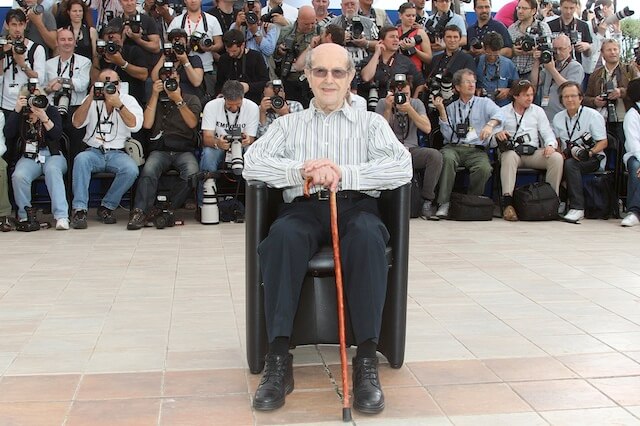
Getty Images
Follow Matt Prigge on Twitter @mattprigge

